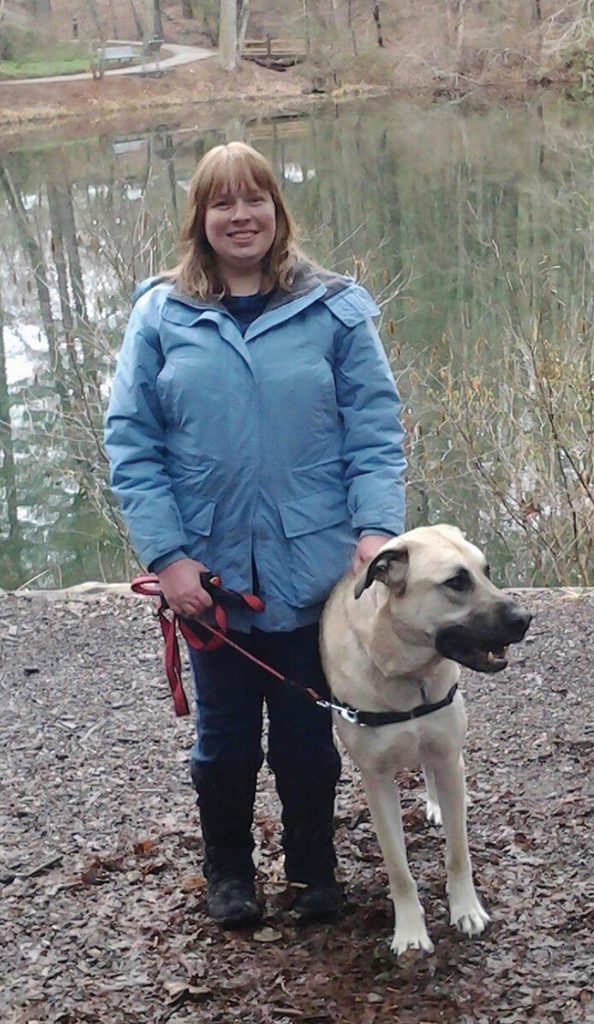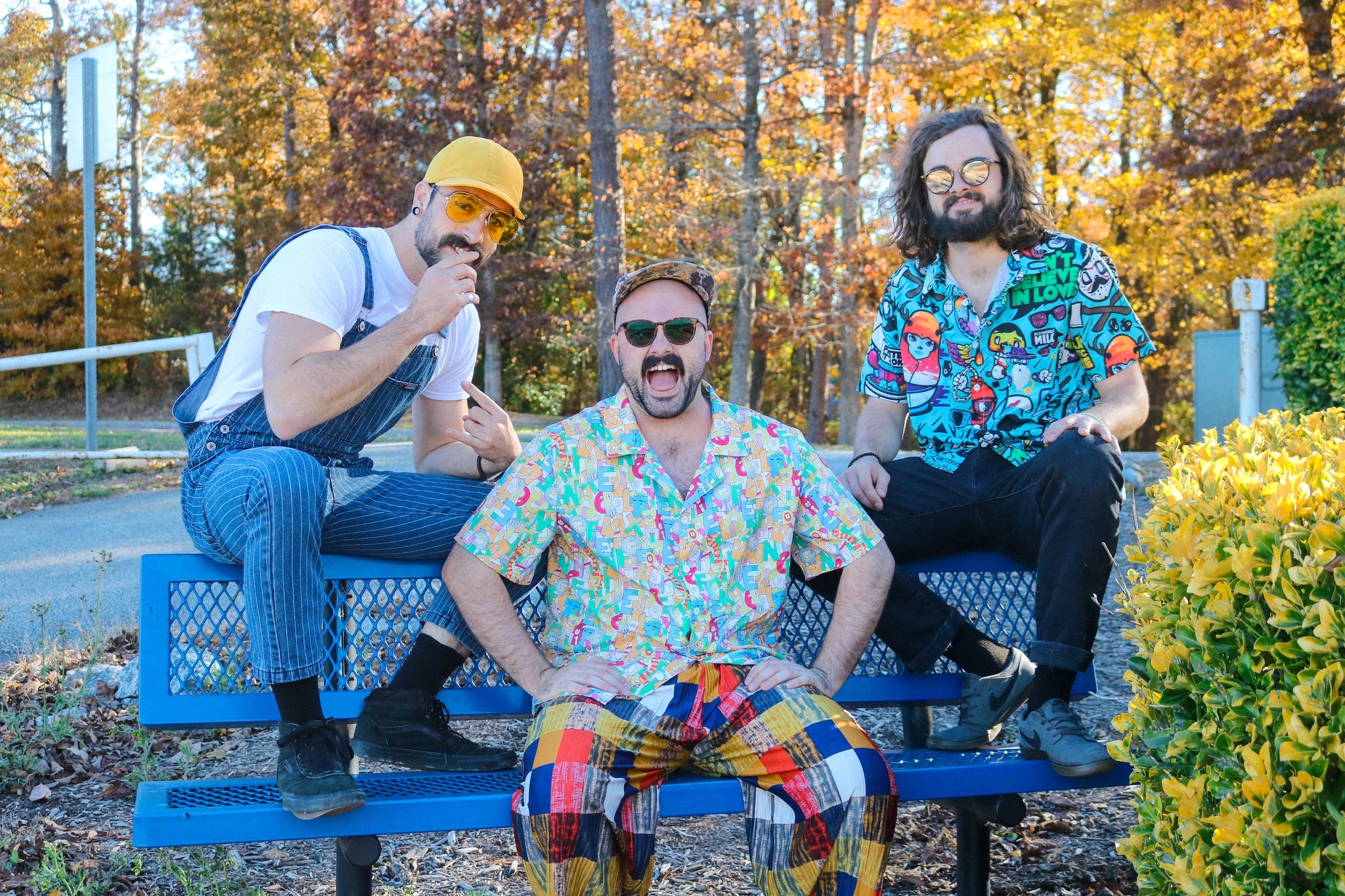How to Be a Living Organ Donor

Heather Ledbetter (with her rescue dog Diesel) has survived two transplants and now critically needs a new kidney.
Hendersonville resident Heather Ledbetter would be thankful for your help, and she needs it soon. She’s in critical need of a kidney transplant from a living donor as she faces end-stage kidney failure caused by a rare blood disorder. Bold Life spoke with Ledbetter about her appeal and how the living-donor process works.
Are you on a waitlist now for a kidney?
Yes, I’m on a waitlist that’s five to eight years long. But my doctors at the UNC Medical Center in Chapel Hill highly recommend that I go kidney-to-kidney if possible, and they feel I should have a pre-emptive transplant from a living donor, which would bypass the waitlist. And everything’s slowed down now because of COVID.
Can you tell us a bit about your condition?
I was diagnosed more than ten years ago with polycythemia vera, which is a rare blood disorder that causes your body to produce way too many red blood cells. It means extensive clotting that severely damaged my liver. I received a liver transplant in 2011, but my kidney function was pretty badly damaged. My kidneys never functioned at more than 20% after the liver transplant, and they started failing completely in 2017.
So you’ve already had one kidney transplant?
Yes, in 2018, from a wonderful anonymous donor. It seemed to be OK for about a year, but then they noticed some inflammation in the new kidney. The biopsy ended up damaging the kidney beyond repair, and it’s failing, so now I need another one.
What about dialysis?
My doctors have warned me with my prior transplant that dialysis might make me ineligible for a kidney transplant, since dialysis can bring its own complications which would greatly shorten my life.
What would you tell someone thinking about donating?
Studies have shown a healthy person who donates one kidney can continue to live a normal life. The donor-testing process includes a phone evaluation, health-evaluation paperwork, bloodwork, an EKG, chest X-ray, kidney ultrasound, and meeting with the kidney transplant team. My insurance covers all medical costs for the donor. A donor program covers non-medical costs — such as food, travel, and lodging — up to $6,000.
What is a common misconception about the donor process?
Some people think they may be called to help since they are an organ donor on their driver’s license, but that only works for organ donation if that person passes away.
Do you remain hopeful?
I have faith in God and in prayer, which has brought me through all the other health crises.
Contact Heather Ledbetter at 828-696-5525.



